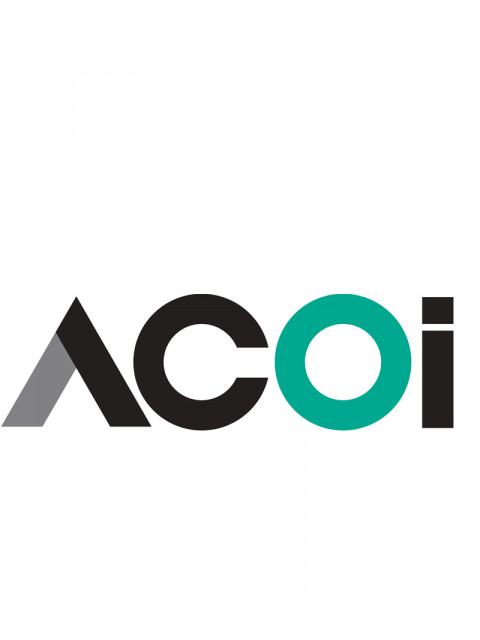
CMS Finalizes Rule to Curb Prior Authorization Abuse
by ACOI
February 22, 2024
On January 17, the Centers for Medicare and Medicaid Services (CMS) released a long-awaited final rule that makes improvements to prior authorization practices used by health insurers.
Under the rule, Medicare Advantage (MA) organizations, state Medicaid and Children’s Health Insurance Program (CHIP) Fee-for-Service (FFS) programs, Medicaid managed care plans, CHIP managed care entities, and Qualified Health Plan (QHP) issuers on the Federally Facilitated Exchanges (FFEs) will be required to streamline prior authorization processes.
Rule Highlights:
- Starting in 2026, MA and Medicaid plans will have 72 hours to answer urgent prior authorization requests and 7 days for a standard request. The final rule does not change timeframes for the prior authorization process for QHP issuers on the FFEs because existing regulations require a determination within 15 days for a standard request and 72 hours for expedited requests.
- Beginning in 2026, impacted payers must provide a specific reason for denied prior authorization decisions, which will help facilitate resubmission of the request or an appeal when needed.
- Impacted payers will be required to publicly report prior authorization metrics by March 31, 2026. Payers are required to report these metrics in aggregate, including, the percentage of standard prior authorization request that were approved and those that were denied.
In March 2023, ACOI joined the osteopathic community in comments to CMS on the proposed rule. The letter asked CMS to shorten prior authorization process timeframes even further and encouraged more granularity in prior authorization metrics. CMS finalized, based on comments, that reporting aggregated data at the contract level will be required for MA plans. The Agency expressed in the rule hesitancy of requiring more granular data points due to concerns about “data overload, patient understanding, and usability of the data,” but that it may consider requiring in future rulemaking that MA plans report at a more discrete level.
Drugs are excluded from the new prior authorization policies; however, CMS acknowledged it did not anticipate the overwhelming response to their exclusion and that it will consider options for future rulemaking to address improvements to the prior authorization processes for drugs.
The final rule is welcome news to physicians and other providers after action on prior authorization legislation — the Improving Seniors Timely Access to Care Act — stalled when the Congressional Budget Office reported its enactment would cost $16 billion over 10 years. The medical community and congressional lawmakers encouraged CMS to enhance the prior authorization regulations, including by requiring MA plans to adopt a “real-time” process for answering routinely approved items. Because CMS did not include enhanced prior authorization requirements in its final regulation, it is anticipated the cost of the legislation will not be reduced significantly.
ACOI still believes congressional action is needed to codify and enhance the regulations for MA plans. As such, prior authorization reform will remain a top ACOI advocacy priority.

